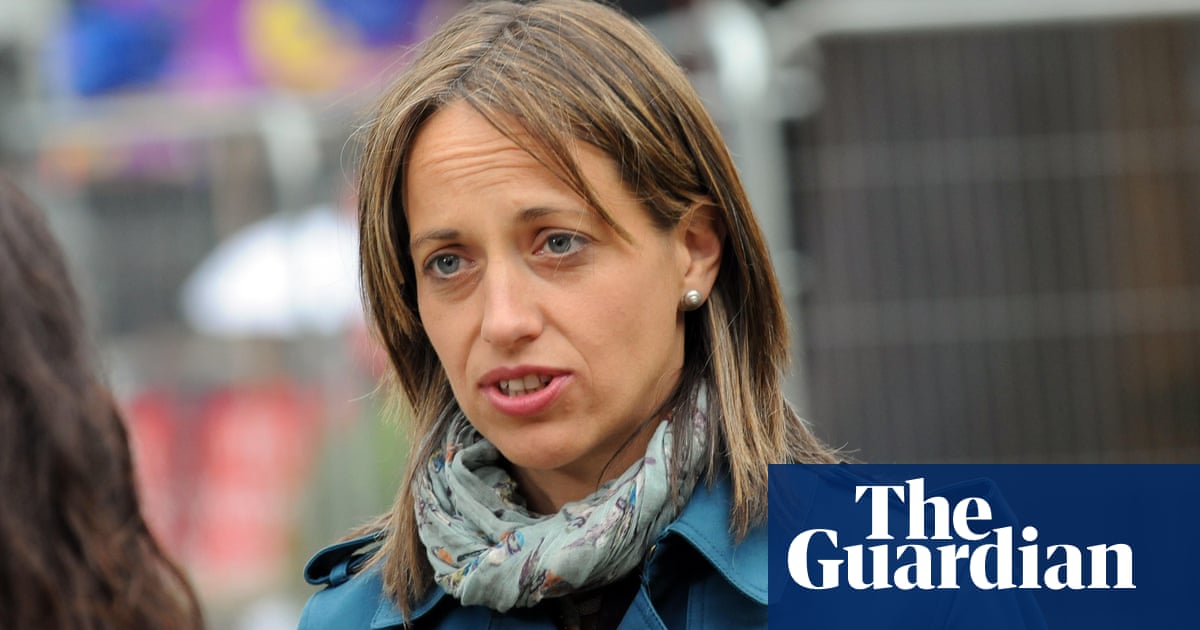
Matt Hancock is under mounting pressure to explain why the government failed to protect care home residents at the outset of the Covid pandemic, as he sought to salvage his reputation after Dominic Cummings accused him of lying.
The health secretary claimed for the first time it “wasn’t possible” to test all care home residents for Covid before they were discharged from hospital last March, because the testing capacity was not yet available.
But the shadow social care minister, Liz Kendall, said that explanation “simply doesn’t stack up”.
“There were over 530,000 tests carried out in the UK by 20 April, yet they couldn’t test 25,000 people discharged from hospitals to care homes, after we saw it sweep through care homes in Italy, France and America?” she said. “The reality is, they wanted to free up the beds and they didn’t prioritise older people.”
She accused Hancock, who previously claimed to have thrown a “protective ring” around care homes, of changing his story to “wriggle out” of responsibility.
On Wednesday, during seven hours of evidence to MPs, Cummings accused Hancock of promising ministers that all care residents in England were tested before being discharged back to their homes and then lying about this.
Hancock denied the claim and a No 10 spokesperson said on Thursday night : “The prime minister has full confidence in the health secretary and will continue working with him to protect public health and save lives.”
The UK has one of the world’s worst coronavirus death tolls: more than 127,000 people have died including more than 40,000 care home residents.
Data from Public Health England (PHE) released on Thursday found the transfer of patients with Covid from hospital to care homes resulted in 286 deaths. It said 96 outbreaks in care homes were related to this problem – about 1.6% of all care home outbreaks – and that the vast majority of these were identified during a matter of weeks in March and April 2020.
While PHE said the number of care home outbreaks seeded by hospital patients being discharged with the virus was “relatively small”, the “potential for their preventability … must be fully acknowledged”.
Many at Westminster believe Hancock may have been saved from being reshuffled out of his post by Cummings’ attack because the prime minister will not want to appear to be following the prompting of his embittered former aide.
Hancock’s defence at a Downing Street press conference came after Boris Johnson’s former chief adviser repeatedly took aim at the health secretary. In particular, he claimed Hancock had lied to the prime minister, falsely telling him care home residents would be tested before being discharged from hospital.
Hancock did not directly refute that claim at the press conference. He said his “recollection of events” was that “I committed to getting the policy in place but it took time to build the testing”.
He added: “I then went away and built the testing capacity … and then delivered on the commitment that I made.” He also defended his 100,000-a-day testing target, which Cummings claimed had distorted government priorities.
Cummings, who was ousted from No 10 in November, said that despite Hancock’s promise in March, testing of hospital patients being moved to care homes “only happened very partially and sporadically” – meaning Covid “spread like wildfire inside” them.
The Conservative MP Dan Poulter said Hancock’s remarks suggested there should be an immediate inquiry into Covid-related deaths in care homes.
Poulter, who is vice-chair of the all-party-parliamentary group on Covid, said: “It is one of the most troubling aspects of this pandemic that the elderly have borne the brunt despite being the most vulnerable in society. We must ensure these mistakes are not repeated and that care homes are never again treated as an afterthought in pandemic planning.”
Allies of Hancock have reacted furiously to Cummings’ testimony, saying he frequently briefed journalists against the health secretary and falsely took credit for his successes. One friend suggested Cummings may have had a grudge against Hancock since the pair were both Conservative advisers during the coalition government a decade ago.
Johnson himself dismissed Cummings’ claims on Thursday, saying they didn’t “bear any relation to reality”.
Cummings claimed the prime minister was unfit to lead the country through the pandemic, still regretted ordering the first lockdown last spring and had stubbornly rejected scientific advice last September. Cummings told stunned MPs at his marathon hearing that “tens of thousands of people died, who didn’t need to die”.
In response to questions during a trip to a hospital in Essex, Johnson denied that his delay in ordering a second lockdown last autumn against the advice of scientific advisers led to unnecessary deaths.
The prime minister said he had grappled with the question of whether to enforce another lockdown, which he knew would be a “very, very painful, traumatic thing for people” and had to “set that against the horrors of the pandemic”.
He insisted: “At every stage, we’ve been governed by a determination to protect life, to save life, to ensure that our NHS is not overwhelmed, and we’ve followed to the best we can the data and the guidance that we’ve had.”
Hancock faces his own grilling before the health and technology committees in June, where he is likely to be quizzed about the situation in care homes and the availability of personal protective equipment.
The shadow health secretary, Jonathan Ashworth, also wrote to Hancock on Thursday, claiming he had been “disrespectful” towards the families of Covid victims by dodging critical questions at an earlier hearing before MPs.












